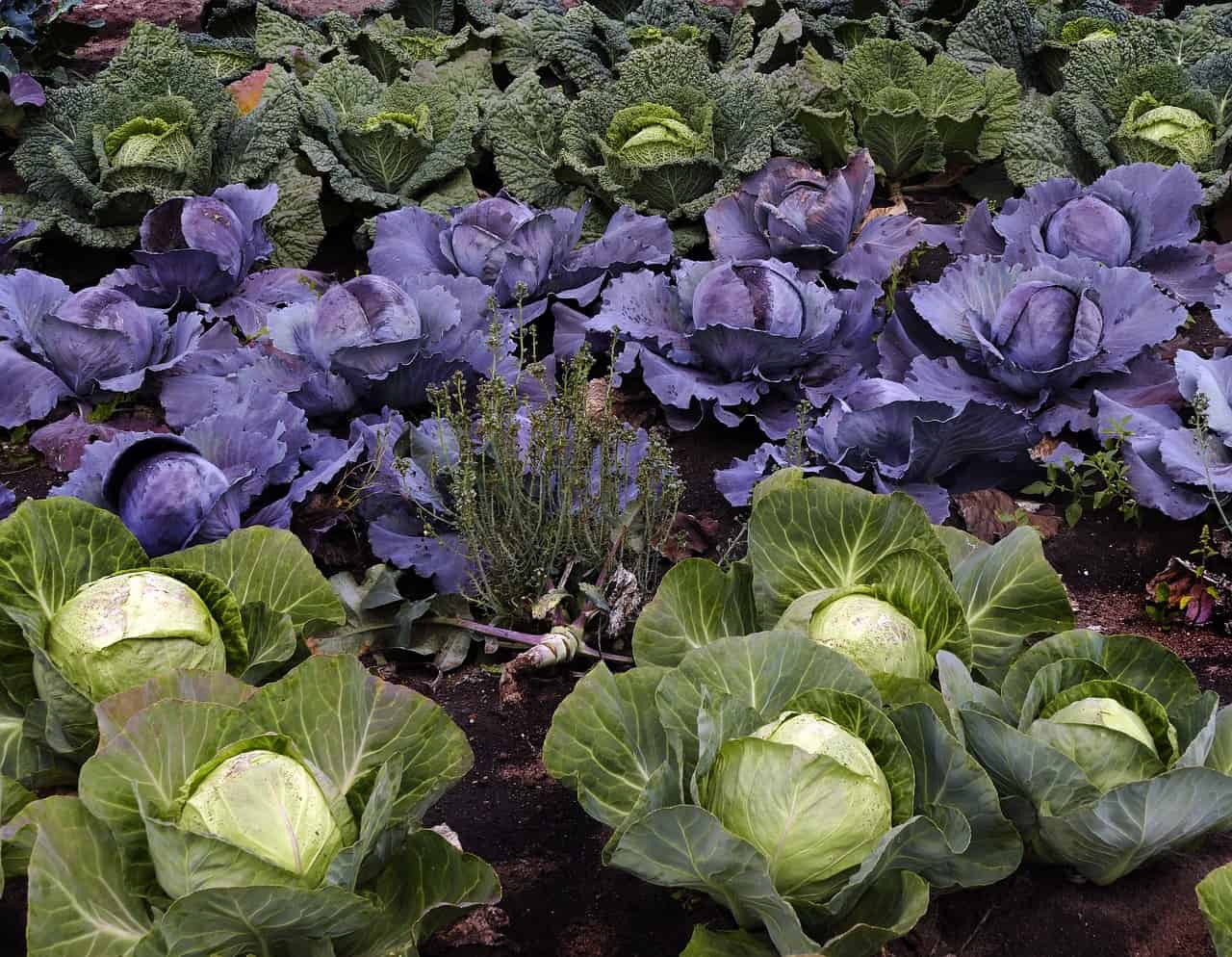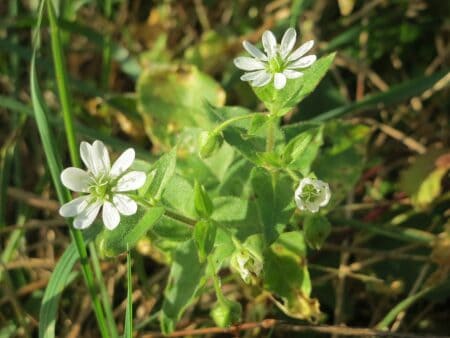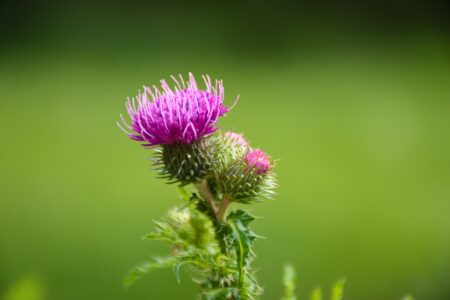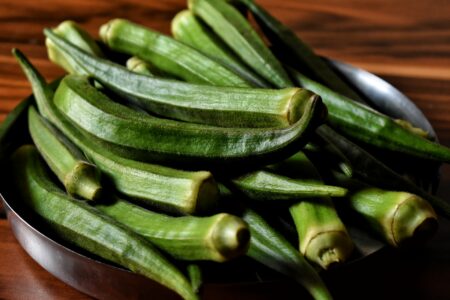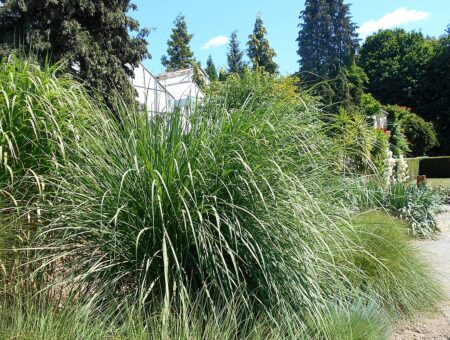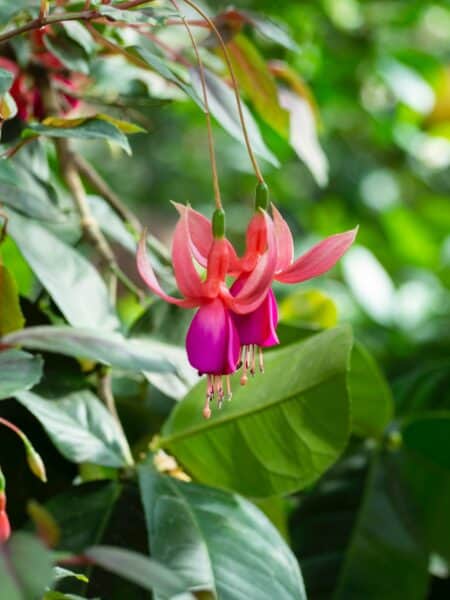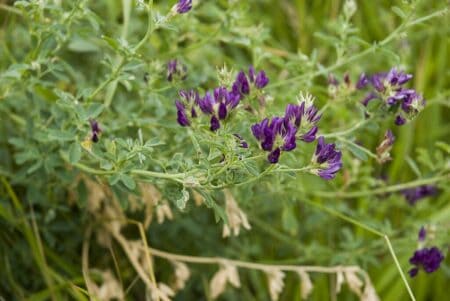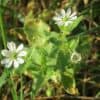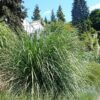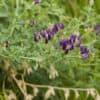Brassica is an incredibly diverse family of plants, and it’s no surprise that so many gardeners love to grow them in their gardens. But do you know which companion plants will help your brassica thrive?
Regarding brassica, several companion plants are ideal for promoting healthy growth and keeping your garden vibrant. Brassica’s best companion plants include onions, garlic, chives, basil, parsley, carrots, beets, dill, and marigolds.
In this blog post, we’ll explore how each companion plant can benefit your brassica and other tips for successful companion planting. So let’s get started!
What Is Brassica?
Brassica is a genus of plants belonging to the mustard family Brassicaceae. It is an essential crop with wide varieties, such as cabbage, broccoli, cauliflower, and kale.
The Brassica genus has been cultivated for over 5,000 years and is still widely used in many cultures worldwide.
The Brassica family comprises a wide range of vegetables that offer several nutritional benefits. These plants are high in vitamin C, potassium, magnesium, iron, and dietary fiber.
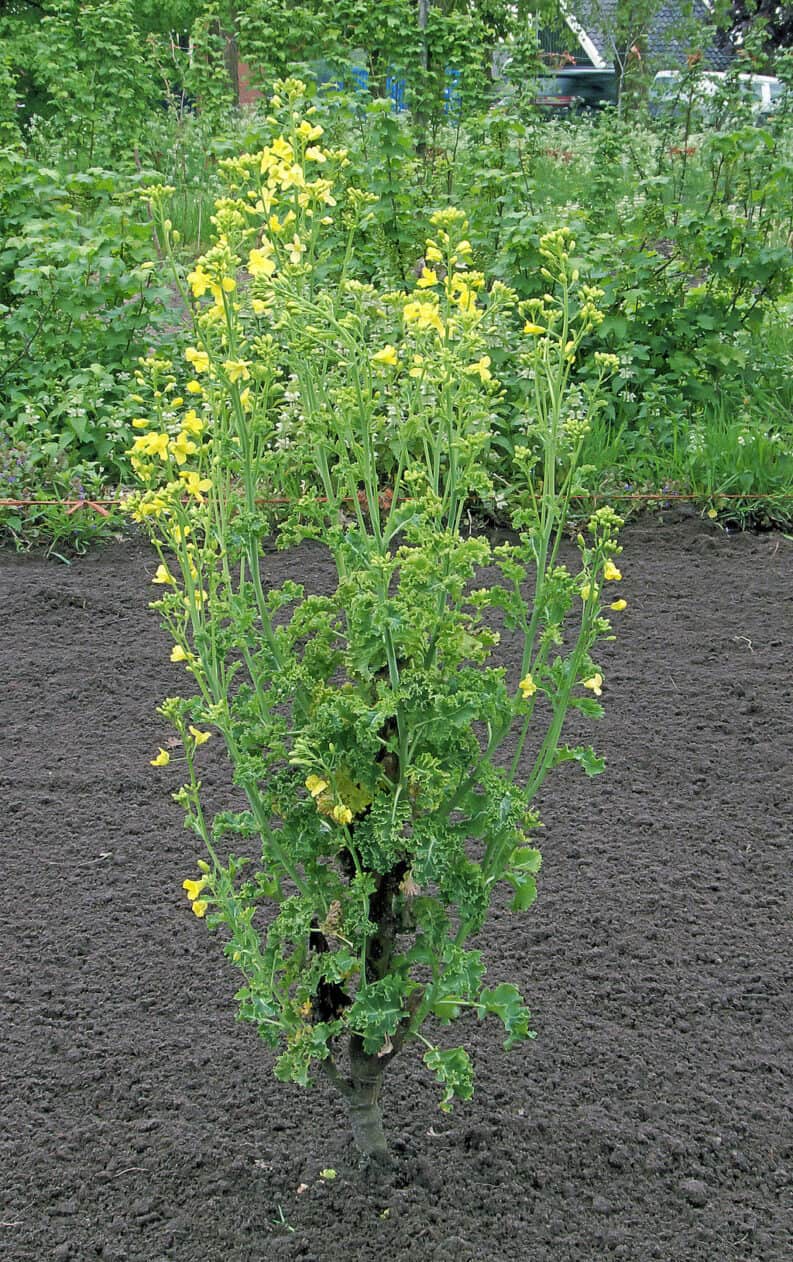
They also contain phytonutrients such as carotenoids and flavonoids, which have antioxidant properties and can help to reduce the risk of chronic diseases.
Brassica vegetables help reduce inflammation, maintain healthy blood pressure levels and protect against certain cancers.
Why Is Companion Planting Important For Brassica?
Companion planting is a vital gardening technique that allows farmers and gardeners to maximize their yields and create a healthier, more sustainable agricultural environment.
Companion planting involves strategically placing different plants close together so that they can benefit from each other’s presence.
Here are some benefits of Brassica companion planting.
Benefit #1: Encourage Pollinators
One benefit of planting companion plants with brassicas is that they can attract beneficial insects to your garden.
For instance, flowers like marigolds and cosmos can draw in pollinators such as bees and butterflies, which will help the overall health of your garden by aiding in the pollination process.
Additionally, these same flowers will also help to improve the flavor of your brassicas by providing essential nutrients and minerals in the soil.
Benefit #2: Suppress Weeds
Weeds can be a significant problem for any gardener, but planting companion plants with brassicas can help to reduce their growth.
Low-growing varieties such as clovers and thyme will create a dense cover that weeds won’t be able to penetrate.
These same plants can also provide essential nutrients for the soil and help improve your garden’s overall health.
Benefit #3: Improve Soil Quality
The use of companion plants with brassicas can also help to enhance the quality of the soil. Plants such as legumes will fix nitrogen in the ground, which benefits the growth of brassicas.
Additionally, these same plants can also improve drainage and add organic matter to the soil, which will help improve your garden’s overall health.
Benefit #4: Improving Pest Control
When planted together, companion plants can also help to reduce pest damage in your garden.
Plants such as nasturtium have a strong scent that deters pests from attacking your brassicas.
Additionally, certain flowers, such as marigolds, attract beneficial insects to your garden, which can help naturally control pest populations.
Brassica Companion Plants
Brassicas are a great addition to any garden and make excellent companions for other plants. When planted together, they can benefit each other in multiple ways.
Here are some of the best brassica companion plants.
Herbs
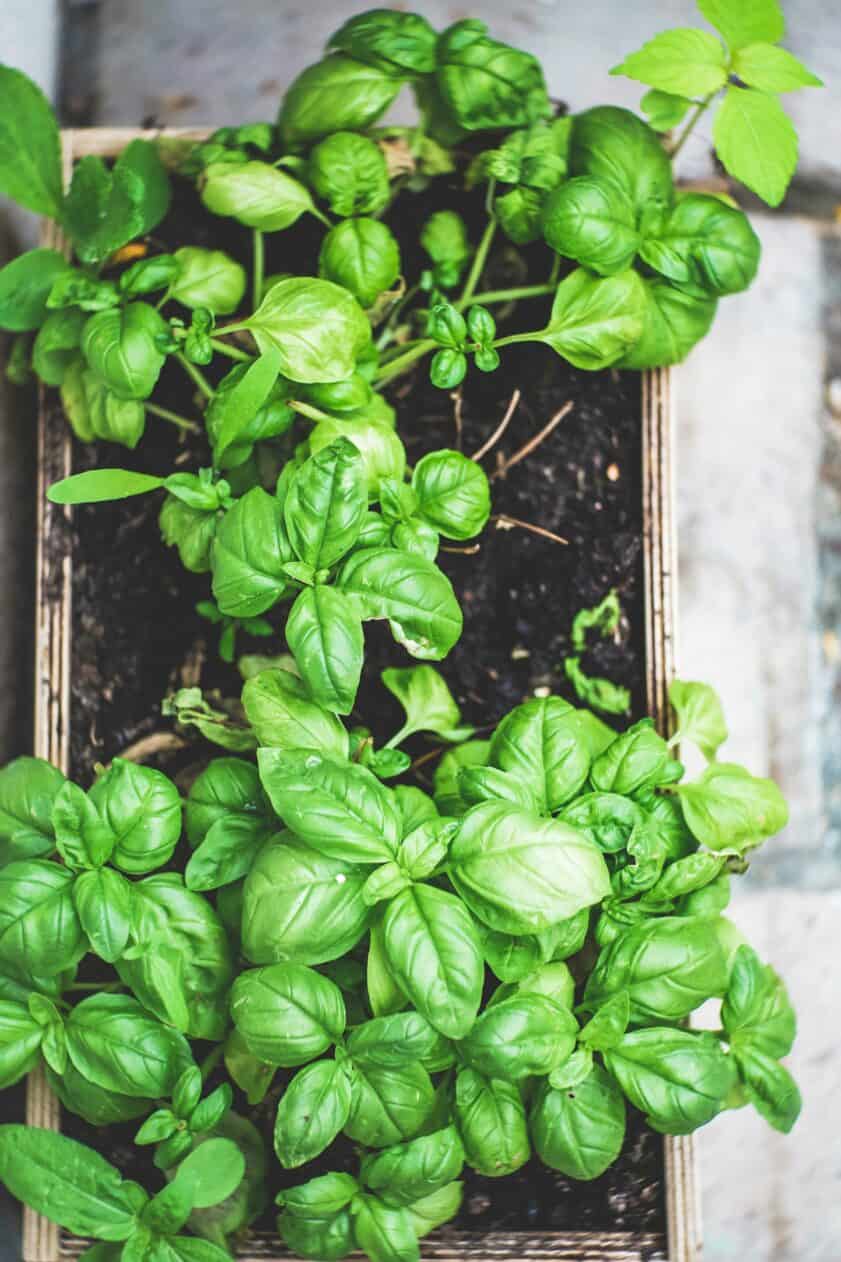
Basil, dill, parsley, and cilantro are all excellent choices for planting alongside your brassicas, as they can help keep pests away from your crops.
They also add flavor to dishes made with the vegetables you grow. Plus, herbs are perennials, so you don’t have to replant them yearly!
Legumes and Grains
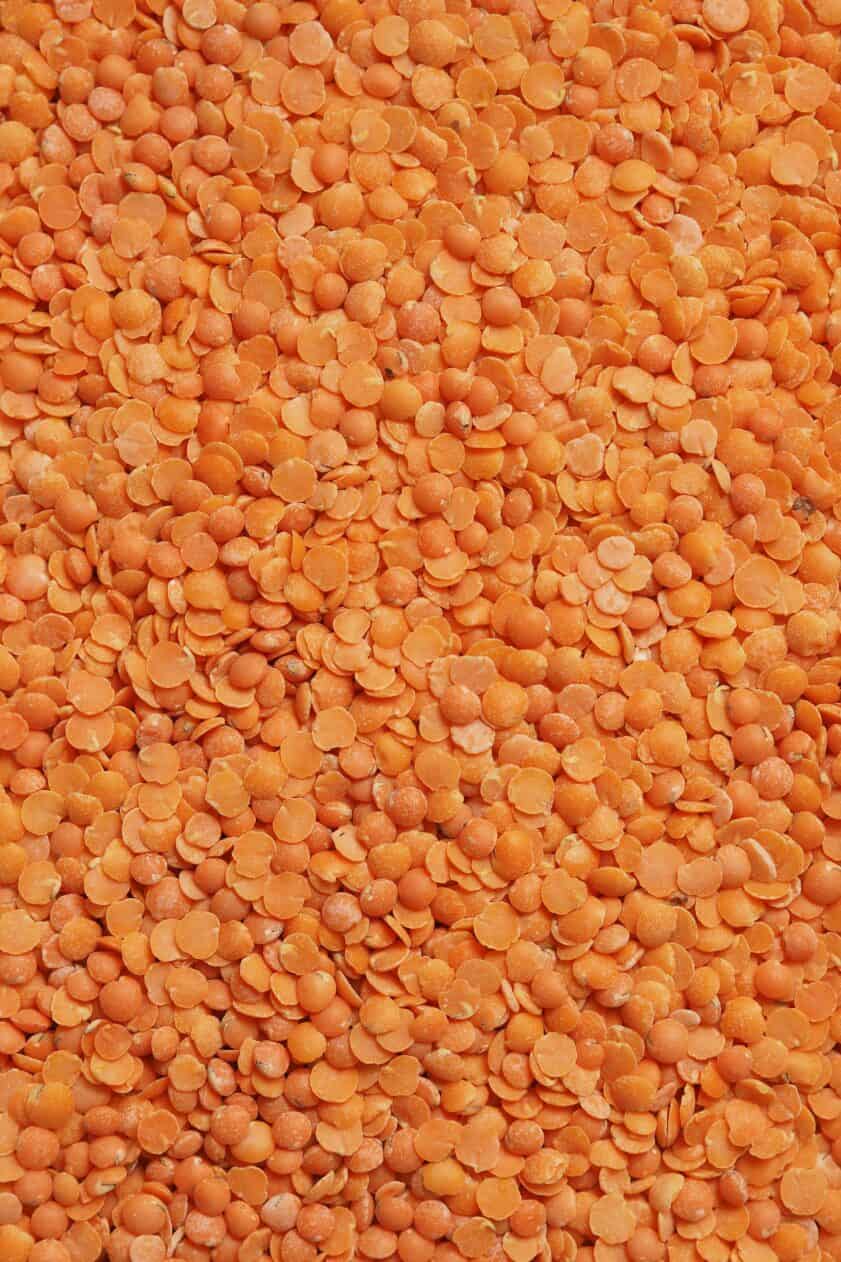
Growing lentils and other legumes with your brassicas help improve soil fertility and provides a nutritious protein source.
Adding grains such as quinoa or barley can also provide additional nutrients.
Flowers
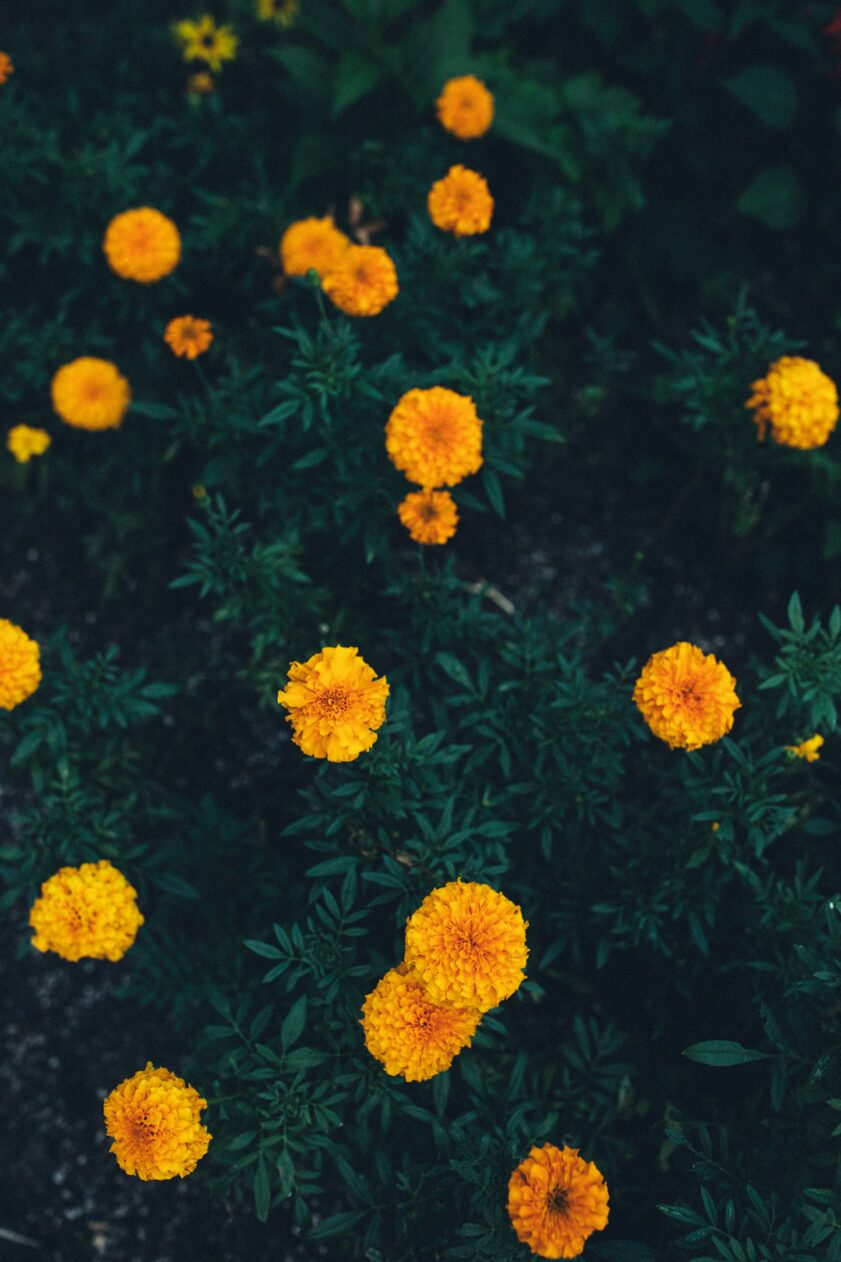
Marigolds, Calendula, and Nasturtiums are often planted alongside brassicas to help ward off pests.
Not only that, but the bright colors of these flowers can add cheerful color to your garden.
Fruits and Vegetables
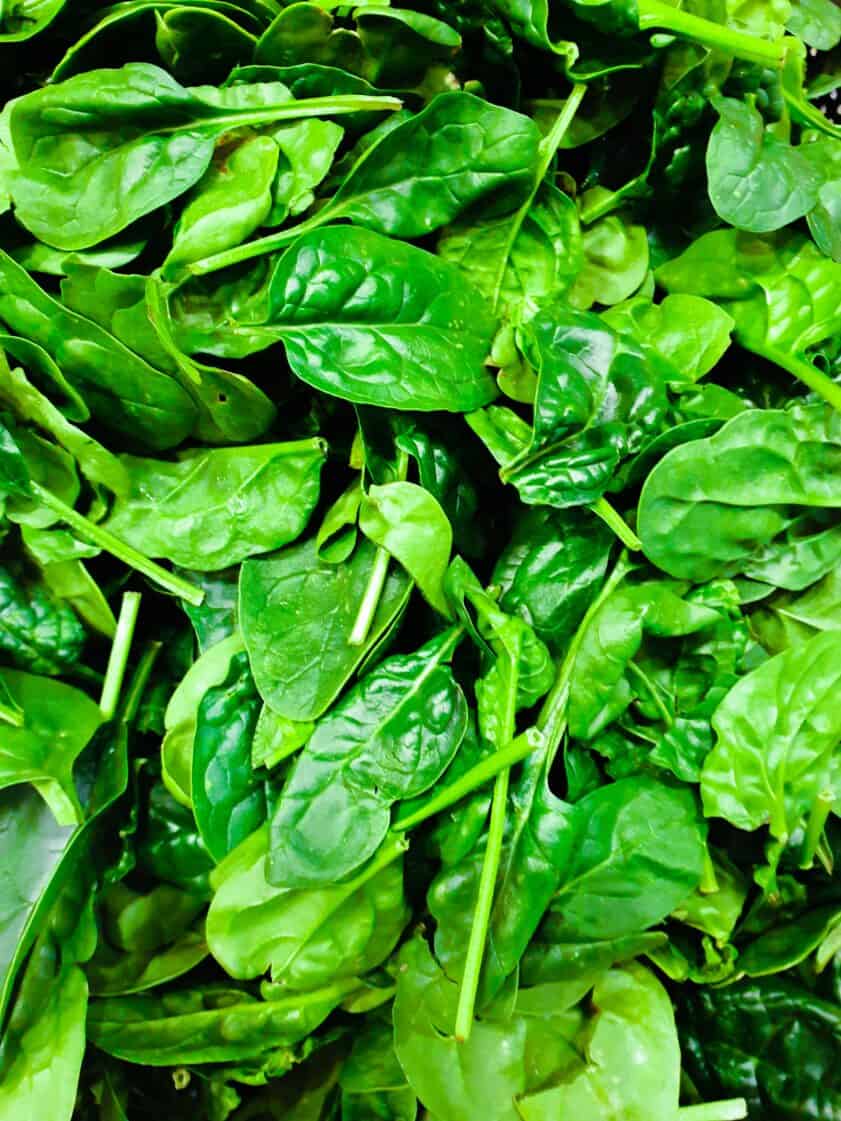
Carrots, beets, and spinach make great companion plants for brassicas as they require similar growing conditions.
Planting them in the same area also helps maximize space in your garden.
Onions and Garlic
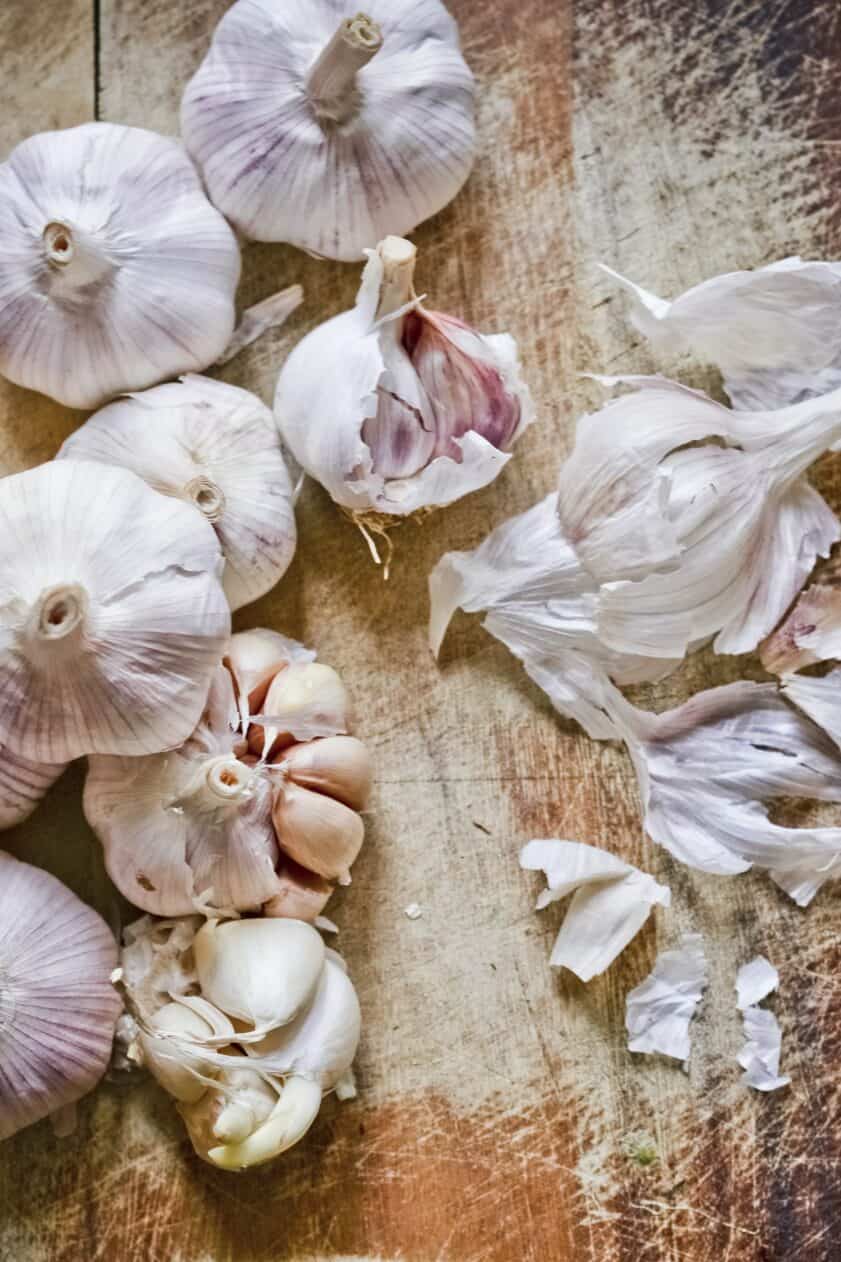
Onions and garlic are natural deterrents for pests, so planting them among your brassicas can provide excellent protection.
The scent of onions and garlic can also help mask the smell of brassica from animals that may be attracted to it.
Plus, the onions can be harvested earlier than other vegetables, so you’ll have something to eat while waiting for the others to mature.
Alliums
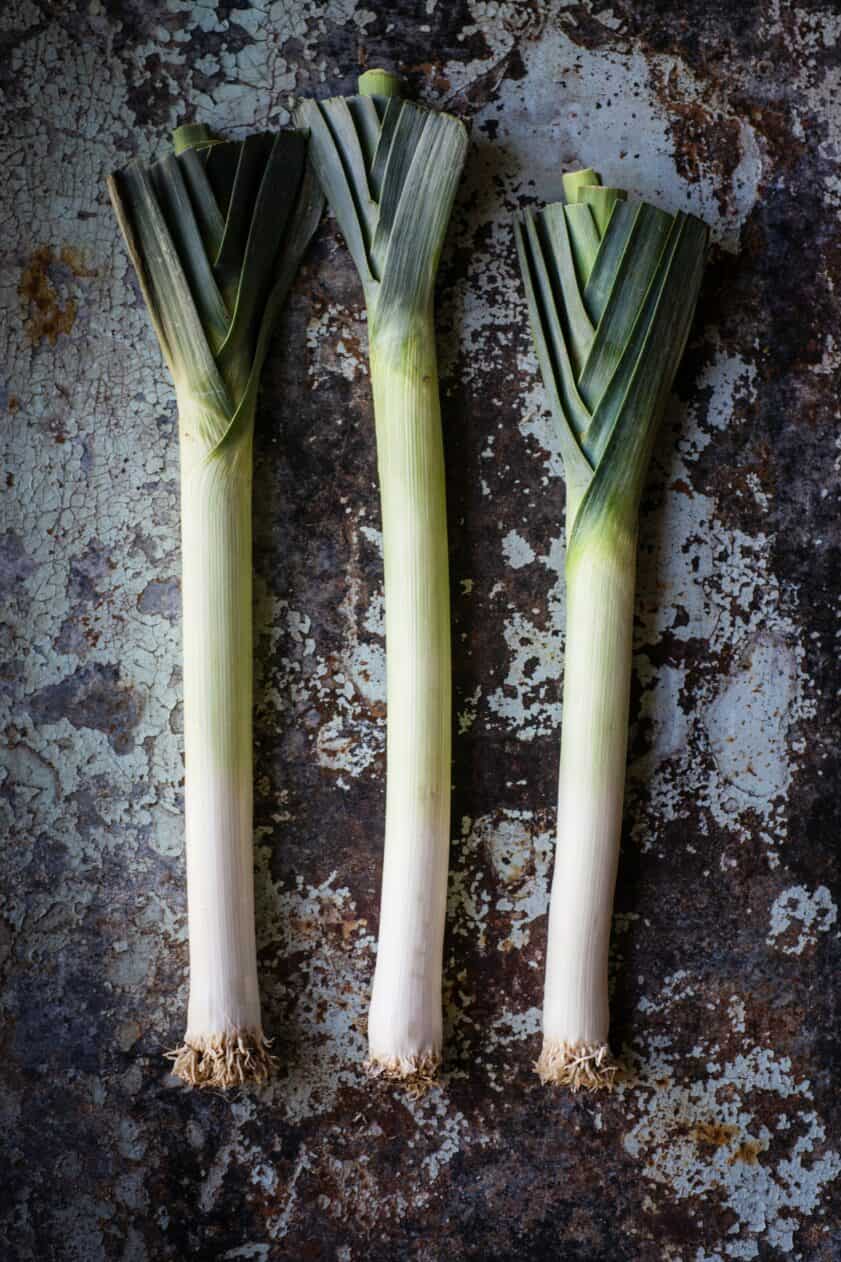
Alliums such as chives, leeks, and scallions are excellent choices for companion planting with your brassicas. Not only do they help to repel pests, but they can also add flavor and texture to meals.
These are just a few companion plants that can help you get the most out of your brassica crop.
Regarding companion planting, experimentation is critical; try different combinations and see what works best for you! You can have a flourishing brassica garden in no time with a suitable variety of plants.
Plants to avoid when companion planting with brassica are nightshades, such as tomatoes, potatoes, and eggplants. These plants produce toxins that can stunt the growth of brassica crops. Some legumes like beans may also compete for nutrients in the soil with brassicas and should be planted away from them.
Conclusion
Brassica plants can make a great addition to any garden. With a careful selection of companion plants, you can ensure your brassicas get the support they need to thrive and produce healthy harvests.
Some companion plants that are particularly beneficial for brassicas include spinach, calendula, marigolds, dill, garlic, and basil.
When selecting companion plants for your brassicas, consider the available climate and soil and choose plants that can thrive in those conditions.
With proper care and attention, you’ll be able to reap a bountiful harvest from your brassica garden!

